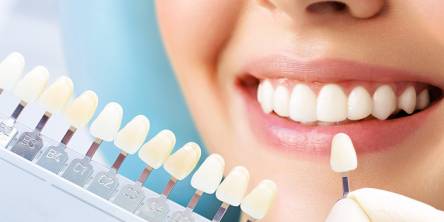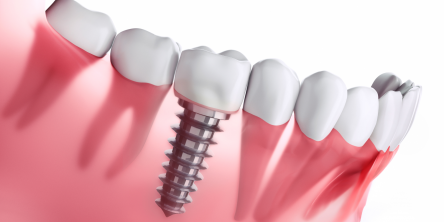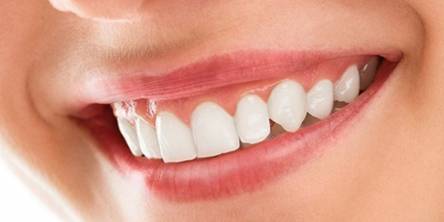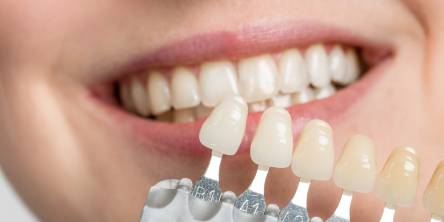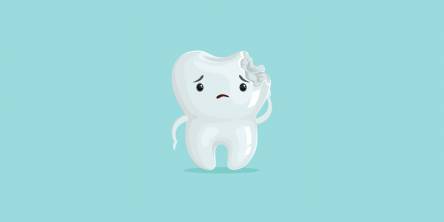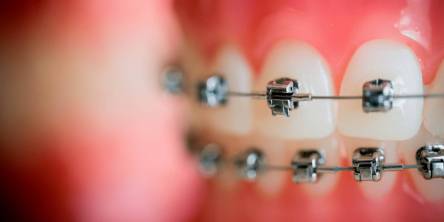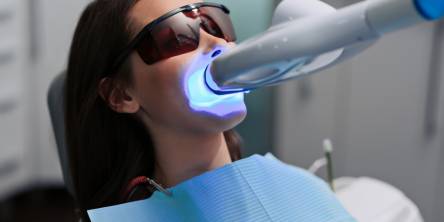6 Facts About Tooth Decay That You Should Know About
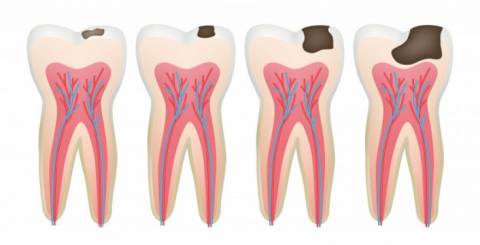
Tooth decay, also known as cavities and caries, is an extremely common condition affecting people worldwide. Even though cavities can develop in both children and adults, many of them are not aware of the causes, prevention, and proper treatment of this condition. That's why it is extremely important to clarify some information about cavities. Here is a list of six facts about tooth decay that you should know about.
1. Tooth decay is caused by bacteria
If you want to avoid the development of cavities, it is essential to know its cause. Tooth decay is a hole in the tooth that occurs when acids soften and eat away tooth enamel. These acids are produced by cavity-causing bacteria that inhabit your mouth.
If you don't maintain proper oral hygiene, you let the bacteria multiply and affect the oral cavity. Poor oral hygiene can lead to cavities and bad breath, gum disease, enamel erosion, gum recession, and dental abscess.
2. Your diet can increase your risk of cavities
Even though certain foods and drinks can't create cavities on their own, they can still promote their development. For example, the increased consumption of sweet, starchy, and sticky foods as well as sweet and acidic drinks, can help feed the cavity-causing bacteria.
That's why it is recommended to limit the consumption of such foods and drinks and rinse your mouth with plain water after meals to remove food leftovers. Eating healthy foods can help prevent bacteria overgrowth and supply your teeth with vitamins and minerals.
3. Tooth decay can develop asymptomatically
There is a common misconception that tooth decay always manifests through a severe toothache. But the reality is that the initial stages of tooth decay can be completely painless. A toothache usually occurs when the cavity becomes deep enough to reach the inner layer of the tooth that contains nerve endings and blood vessels.
To detect and treat tooth decay in its early stages, it is recommended to undergo dental exams at least twice a year. A professional dentist can easily recognize the early signs of tooth decay and perform the treatment.
4. Fluoride can reduce your risk of cavities
Fluoride is a naturally-occurring mineral that can help prevent the development of cavities or even reverse the initial stage of tooth decay. You can get fluoride from the tap or bottled water and use toothpaste and mouthwash with fluoride. If you are prone to tooth decay, you can ask your dentist about a fluoride treatment during which a dental specialist applies high-concentration fluoride to your teeth.
5. A cavity can damage the tooth completely
Many people with advanced tooth decay prefer to take pain medications to ease a toothache rather than visit a dentist for root canal treatment. Unfortunately, such an approach can do more harm than good.
This is because untreated tooth decay can damage the whole tooth, including its roots. In this case, you will need to extract the tooth and replace it with a dental implant or bridge. So if you have noticed any signs of tooth decay, it is better to undergo professional treatment.
6. Only a dentist can treat tooth decay
As mentioned above, pain medications and home remedies can't be deemed effective treatments for tooth decay. Moreover, there are certain pastes on the market that are made to seal a cavity.
But you should understand that tooth filling can be used only if the decayed part of the tooth is removed. Otherwise, the cavity will progress under the filling. A professional dentist can perform proper treatment for tooth decay and recommend effective ways to prevent its development.
Similar Articles
Cosmetic dentistry has grown in popularity recently, allowing people to improve their smiles and confidence. Despite its rising popularity, cosmetic dentistry has become saturated with myths and misconceptions. This article will debunk the top seven myths, shedding light on the reality behind these common misconceptions.
When you lose an adult tooth, it is critical for your dental health that you replace it. If you don't, you risk teeth moving, increased oral instability, and tooth loss. It could harm the underlying bone. An endosteal implant, often known as a dental implant, is one option for restoring missing teeth.
A smile makeover is a process that improves the appearance of the smile by combining various cosmetic dental procedures, such as braces or Invisalign to correct misaligned teeth, teeth whitening to brighten up discolored teeth, and a dental crown or porcelain veneers to cover unsightly flaws like chips or discolored spots.
Dental veneers are one of the most expedient ways to achieve the bright, healthy smile of your dreams. Whether you are self-conscious about stained teeth or want to conceal a chipped tooth, veneers can provide a satisfying solution.
When you experience dental pain, you should be aware of whether you require emergency dental care and whether your dental insurance policy covers you. Not all dental disorders necessitate rapid treatment. A toothache, a damaged tooth, or pain from a dental crown are severe dental problems, but they are not always emergencies, so it is best to plan ahead of time.
Tooth decay, commonly known as dental caries or cavities, is a common oral health problem that affects people of all ages. While much has been discovered about the causes and prevention of dental decay, numerous myths still exist
Damon braces have gained popularity in orthodontic treatment because of their innovative design and efficiency in correcting tooth misalignments. While traditional braces have long been the preferred option, Damon braces provide a more comfortable and barely noticeable alternative.
Anyone and everyone who is unhappy with the appearance of their mouth can benefit from cosmetic dentistry. Cosmetic dentists can offer effective treatments and guidance to make you feel better about your physical appearance
Using a light-activated bleaching gel in laser teeth whitening has become a prevalent cosmetic dental procedure. Its increasing popularity can be attributed to people's desire to enhance their appearance and boost their self-assurance.

